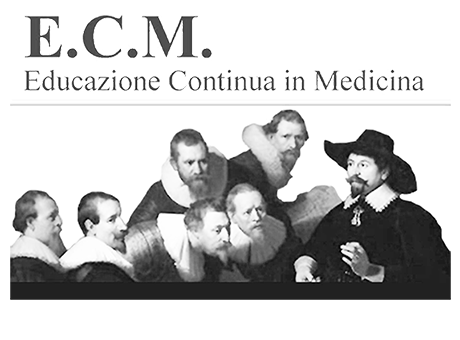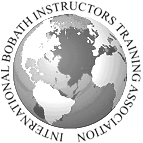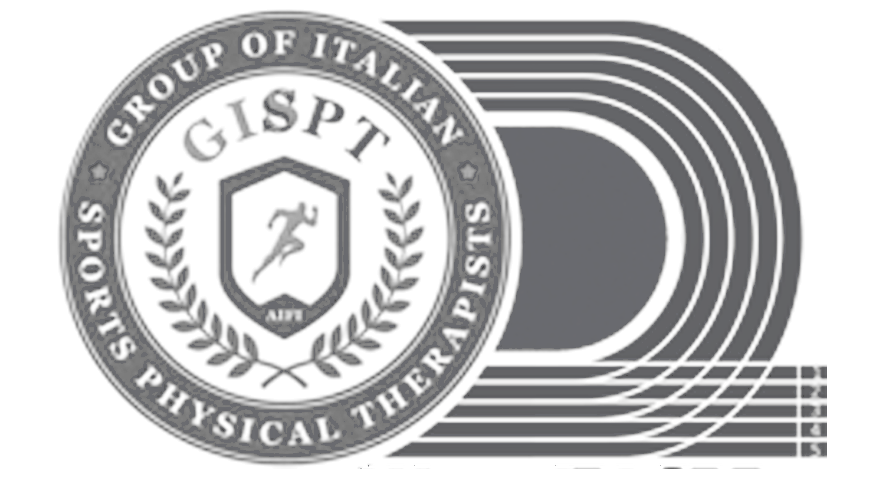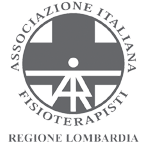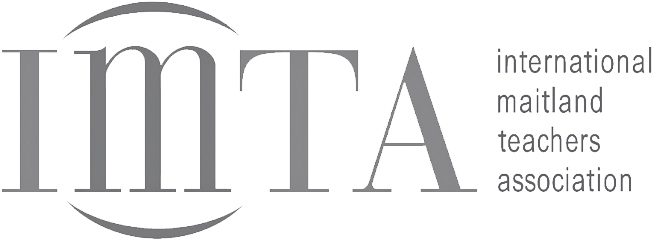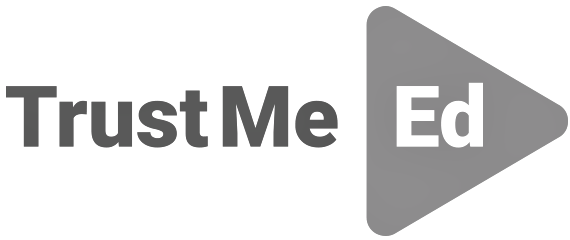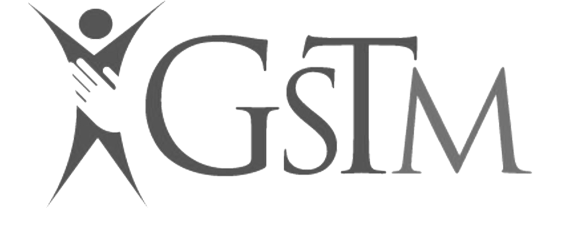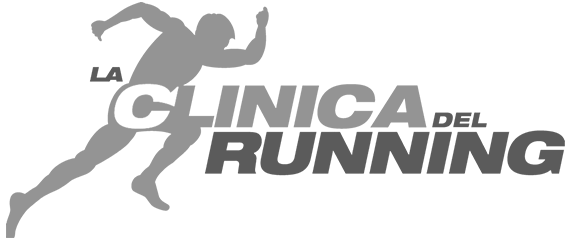June 18, 2022
EM232: Workshop: "Beyond the stroke" The Bobath Concept applied to the evaluation and treatment of various acquired neurological conditions
-
Mary Lynch ElleringtonPt, FCSP, IBITA Senior Instructor
-
Alba MagriPt, IBITA Advanced Course Instructor
The Bobath concept is a problem-solving approach aimed at assessing and treating people with movement, postural control and function disorders caused by a central nervous system injury. This approach to the rehabilitation of adults with central neurological damage originates from the work of Berta and Karel Bobath and has evolved over the last 70 years. The rationale for its application is rooted in current neuroscientific knowledge relating to motor control, motor learning, neural and muscular plasticity and current biomechanical knowledge. The purpose of the course is to deepen the knowledge of the motor problems of the proximal part of the upper limb after stroke in order to support functional recovery and prevent secondary complications. We will also try to define the best rehabilitation intervention for the management of associated problems such as structured malalignment, biomechanical limitations and pain that often limit the functional use of the arm and hand more than the paresis itself.
Course objectives
- Discuss the neurophysiological basis of neural coupling of the lower and upper limbs for locomotion and transfer this knowledge into clinical practice
-
Know the recent literature to understand the functioning of Central Pattern Generators and discuss how peripheral afference and descending control affect their activation.
-
Discuss the coordination between the limbs in locomotion from a biomechanical point of view
-
Explain recent evidence in terms of postural control and gait by emphasizing how motor control changes during complex locomotor tasks
-
Deepen the neural mechanisms of motor control of the lower and upper limbs in healthy subjects and recognize the pathological patterns after central injury
-
Support the comparison and discussion between participants and teachers and train clinical reasoning
In collaboration with:
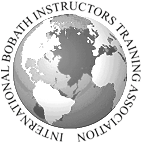
Intended for
Payments
- Deposit €305.00 within 7 days from the registration
- Balance €244.00 by date April 15, 2022
Calendar
language
COURSE LOCATION: BRESCIA @ Edumed . Formazione ECM
SCHEDULE
First day
8.30-9.00 Registration of participants and course objectives
9.00-10.30 Lesson: The role of the cerebellum in motor control and clinical classification of the ataxic patient
10.45-11.00 Coffee break
11.00-12.45 Evaluation and treatment of an ataxic patient (A) by the teachers and discussion of clinical reasoning
12.45-13.45 Lunch
13.45-15.30 Evaluation and treatment of an ataxic patient (B) by the teachers and discussion of clinical reasoning
15.30-15.45 Coffee break
16.00-17.45 Practical laboratory - Presentation of some techniques used during the evaluation / treatment of clinical cases significant for the management of motor problems of the patient with cerebellar damage - Practical exercises
17.30-17.45 Summary of learning and conclusion of the day
Second day
9.00-10.30 Lesson: The role of the spinal cord in motor control and clinical management of the patient with incomplete spinal injury
10.45-11.00 Coffee break
11.00-12.45 Evaluation and treatment of a patient with incomplete spinal injury (A) by the teachers and discussion of the clinical reasoning
12.45-13.45 Lunch
13.45-15.30 Evaluation and treatment of a patient with incomplete spinal injury (B) by the teachers and discussion of the clinical reasoning
15.30-15.45 Coffee break
16.00-17.45 Practical laboratory - Presentation of some techniques used during the evaluation / treatment of clinical cases significant for the management of motor problems of the patient with spinal injury - Practical exercises
17.30-17.45 Summary of learning and conclusion of the day
Third day
9.00-10.30 Lesson: The role of the basal nuclei in motor control and clinical management of the patient with Parkinson's disease
10.45-11.00 Coffee break
11.00-12.45 Evaluation and treatment of a Parkinsonian patient (A) by the teachers and discussion of clinical reasoning
12.45-13.45 Lunch
13.45-15.30 Evaluation and treatment of a Parkinsonian patient (B) by the teachers and discussion of clinical reasoning
15.30-15.45 Coffee break
16.00-17.30 Practical workshop - Presentation of some techniques used during the evaluation / treatment of clinical cases significant for the management of motor problems of the patient with Parkinson's disease - Practical exercises
17.30-18.00 ECM test and conclusion of the course
